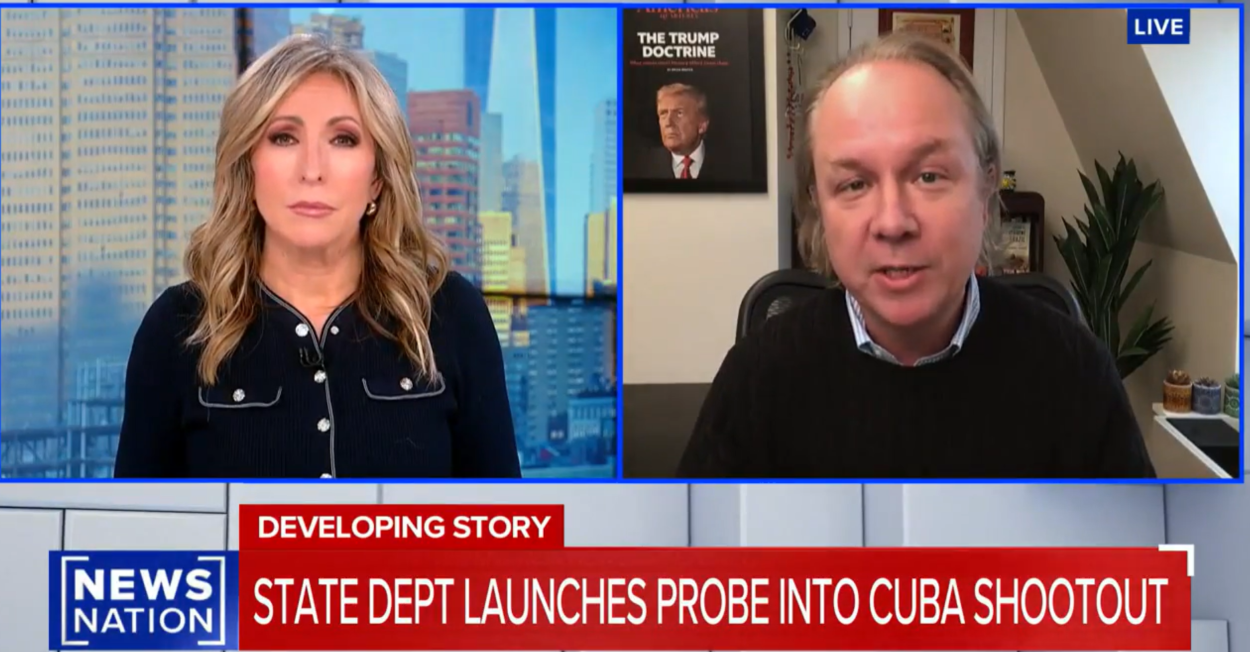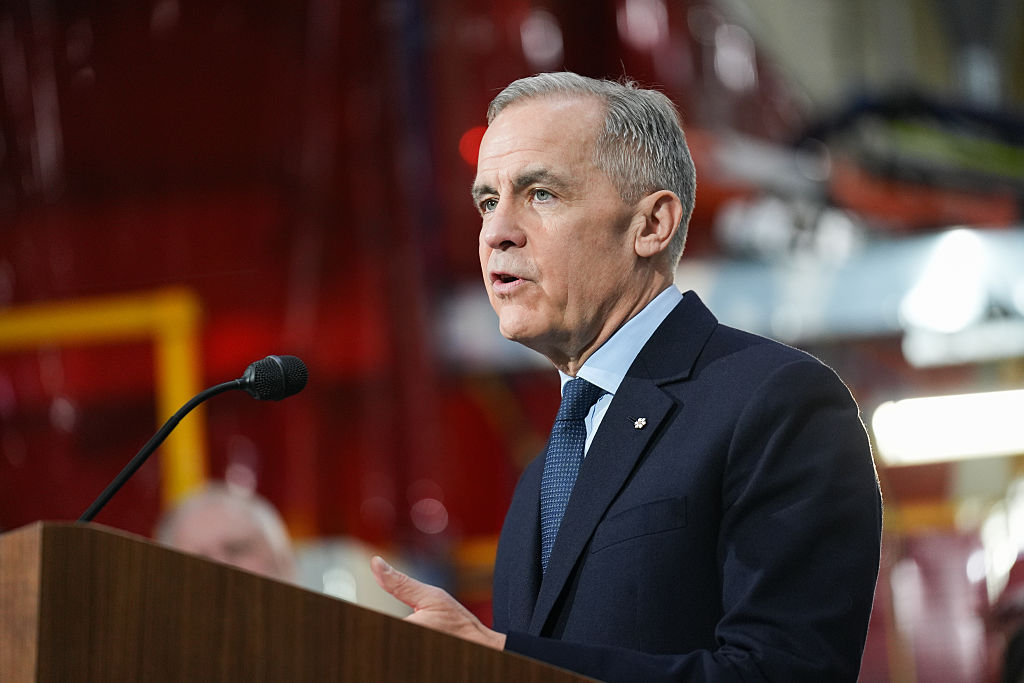Rio Group Pitches New Latin American Body
Rio Group Pitches New Latin American Body
Latin American leaders at a Rio Group summit proposed a new regional bloc that would exclude the United States and Canada. On the sidelines, Colombian President Álvaro Uribe and his Ecuadorian counterpart Rafael Correa agreed to a “road map” to improve diplomatic relations.
The Rio Group came together this week in Cancun, Mexico, and agreed to form a Latin American alternative to the Organization of American States that excludes the United States and Canada. “The challenge that faces our region is not a matter of left or right, it is not a question of ideologies or doctrines,” said Mexican President Felipe Calderón during summit remarks. Still, there were signs of fissures during the February 22 and 23 meetings. Presidents Álvaro Uribe of Colombia and Hugo Chávez of Venezuela exchanged a string of sharp insults that required the Mexican host and Cuban President Raúl Castro to step in and calm tempers. But there were signs of progress in other Andean relations; Uribe met with Ecuador’s President Rafael Correa in another step toward mended diplomatic ties, broken off since March 2008, when Colombian forces attacked a guerilla camp on Ecuadorian territory.
It was at a Rio Group summit two years ago that Chávez, Correa, and Uribe buried the hatchet, exchanging hugs and handshakes in a tenuous rapprochement days after the Colombian incursion. Despite the truce, the leaders continued to bump heads. After Monday’s shouting match, Uribe and Chávez agreed to have a group of friendly countries—Argentina, Mexico, Chile, the Dominican Republic and Brazil—mediate.
With this week’s summit showcasing regional differences, some wonder how the new body will take shape. As the Latin Americanist blog asks: “[w]ill it be able to successfully include the more moderate and center-right governments of the region or will it simply be ALBA II?" Calderón commented that the new political organization would support democracy, human rights, and cooperation. Yet the specifics of its structure—including its name, though some are calling it the Community of Latin American and Caribbean States—will be further developed at a 2011 summit in Caracas. Bolivia, Brazil, and Venezuela suggested the new bloc should replace the OAS, but Chilean President-elect Sebastian Piñera voiced opposition, saying: “The OAS is a permanent organization that has its own functions.”
Even as Chávez attends the foreign summit, he faces wavering support at home from a population weary of continuous blackouts and water service cuts. On February 8, Chávez declared an “electricity emergency” authorizing a conservation plan to ensure Venezuela’s electricity supply by implementing fines and service cuts for excessive energy users. Faced with an emergency that could bring down its power grid, Venezuela may turn to an unlikely source of support: Colombia. Early this week, a Colombian energy commission traveled to Venezuela to work out a potential electricity sale; Caracas is weighing the offer. Colombia supplied power to Venezuela until last December when drought forced the Colombian Ministry of Mines to suspend electricity exports. Ecuador also announced that it could export electricity to Venezuela via Colombia after overcoming its own electricity shortage last year.
While Colombian-Venezuelan relations remain rocky, Bogota’s relations with Quito made progress in Cancun. Uribe and Correa met on the sidelines of the summit on Monday, marking the first time the leaders engaged in formal talks since Ecuador broke ties with Colombia. The two leaders established a “road map” to normalizing diplomatic relations, with the Carter Center and the OAS set to help them address “sensitive” topics regarding the Colombian raid. “There's no date, there's no time-line, but there is a road map and requests and requirements on Ecuador’s part, which the Colombian government has agreed to," Correa told Colombian press.
Other issues on the table at the Rio Group Summit included a $25 million aid package for earthquake relief in Haiti, an agreement not to debate the return of Honduras to the OAS, and an appeal from Argentina to gain support for its claims over the Falkland Islands.
Learn more:
- Mexican President Felipe Calderón’s opening speech at the Rio Group Summit.
- Colombian President Álvaro Uribe’s statements on agreements reached at the Rio Group Summit.
- Ecuadorian government news on the meeting between Correa and Uribe.
- Venezuelan presidency news brief on Chávez’s recognition of mediation agreement with Colombia.
- Infolatam overview on bilateral meetings and topics discussed in the Rio Group Summit.








